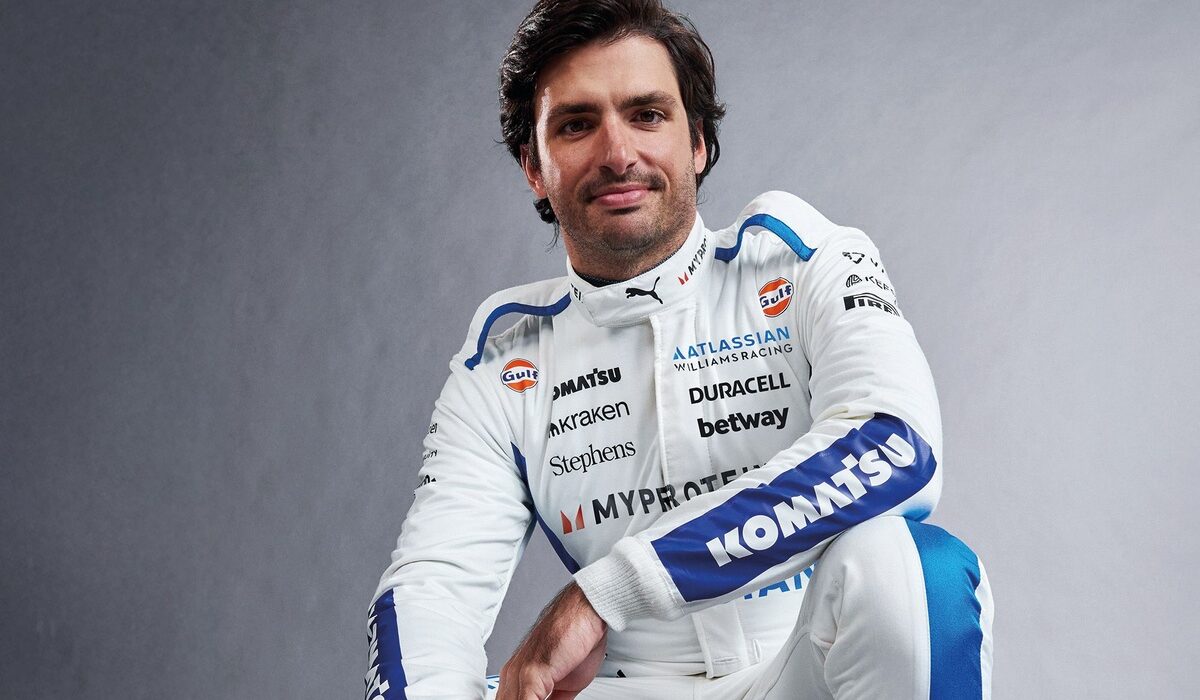Carlos Sainz has shared insight into a conversation between the Formula 1 drivers and steward Garry Connelly in Australia about the recent FIA swearing ban.
Heading into the 2025 season, the FIA introduced new regulations regarding the punishments for swearing. The updated version of the FIA’s sporting code under Article 12 states that F1 drivers would be forced to pay a €40,000 fine for the first offence, rising to €80,000 and a one-month suspension for a second offence. A third offence would result in a fine of €120,000, “plus 1-month suspension plus deduction of Championship points”.
The FIA claims that misconduct includes: “The general use of language (written or verbal), gesture and/or sign that is offensive, insulting, coarse, rude or abusive and might reasonably be expected or be perceived to be coarse or rude or to cause offense, humiliation or to be inappropriate”, “assaulting (elbowing, kicking, punching, hitting, etc.)”, and “incitement to do any of the above”.
The new regulations have been met with criticism, with some arguing that this will stop drivers from showing their true personalities and passion for the sport. The critics also claim that it can be hard for drivers to control and filter themselves when they are mic’d up during high-adrenaline racing.
Carlos Sainz, Williams
Photo by: Simon Galloway / Motorsport Images
While speaking to the media ahead of the Chinese Grand Prix, the Spanish driver, who recently replaced Sebastian Vettel as a director of the Grand Prix Drivers Association, commented on the recent conversations with Connelly.
“I think Garry [Connelly] was incredibly helpful in trying to explain to us the way the FIA was gonna approach the situation, and I really appreciate common sense and in this time, I must say common sense prevailed. And for me, it was very clear, very understandable, and we can hopefully move on from that.”
The Chinese Grand Prix weekend is set to host the first sprint race of the year, something that the rookies on the grid may find difficult with the lack of practice time.

